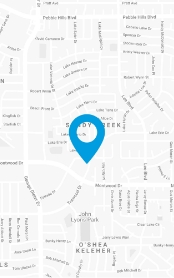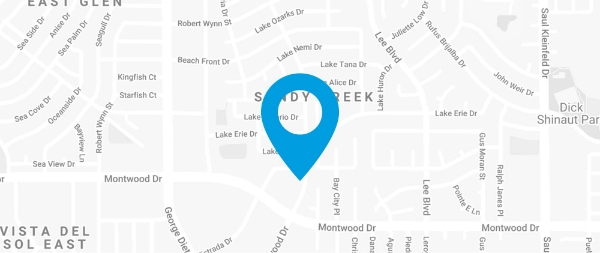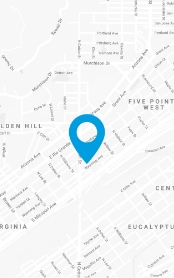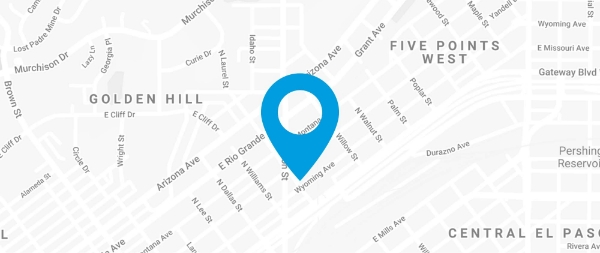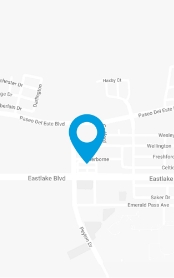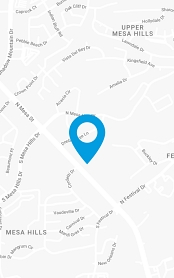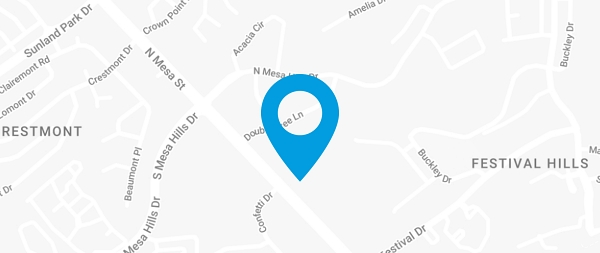Vision Correction Options

Last Updated on
At LASIK, Cornea & Cataract Specialty Center, we offer a full range of vision correction procedures in El Paso, Texas, that are designed to help people achieve freedom from glasses and contacts. Our eye doctors understand that each patient is unique and our comprehensive approach ensures that your treatment plan is custom-tailored to meet your needs.
What Can Vision Correction Surgery Treat?
Recent years have ushered in many exciting developments in ophthalmology and vision correction surgery can now help more patients than ever. Patients who may not have been candidates for procedures such as LASIK in the past, due to thin corneas or high-level prescriptions, now have options for vision correction. In addition to LASIK, vision correction surgeries such as PRK, EVO ICL, RLE, and Monovision can treat a variety of refractive errors.

Understanding Refractive Errors
Refractive errors are the most common kind of vision problem, affecting more than
Trusted Source
Refractive Errors
National Eye Institute
Go to Source
150 million people in the U.S.
They occur when the shape of the eye prevents light from properly reaching the retina. Refractive errors can be treated with eyeglasses or contact lenses or they can be corrected with surgery.
- Nearsightedness: Also known as myopia, causes objects in the distance to be blurry.
- Farsightedness: Also known as hyperopia, causes objects that are up-close to be blurry.
- Astigmatism: This asymmetrical curvature of the cornea causes distorted vision at all distances.
- Presbyopia: This age-related refractive error is a progressive farsightedness that begins around the age of 40 and causes difficulty reading or performing up-close tasks.
Which Vision Correction Option is Right For You?
While some people are happy to wear glasses or contact lenses, others seek a more permanent solution. Vision correction surgery can offer freedom and convenience for people who have very active lifestyles, those who work in professions or have hobbies that make it difficult to wear glasses, and those who simply want to experience life with less dependence on glasses or contacts. At LASIK, Cornea & Cataract Specialty Center, our highly experienced eye surgeons will evaluate your vision and discuss your goals in order to recommend the right vision correction surgery for you.

LASIK Eye Surgery
LASIK, which stands for laser-assisted in situ keratomileusis, is a very popular vision correction choice that has helped millions of people see clearly without glasses or contacts. In this procedure, the eye’s cornea is reshaped with a very precise laser in order to correct refractive errors. Advanced, all-laser LASIK offers accurate vision correction with minimal recovery time.
Learn More About LASIK
PRK
PRK, which stands for photorefractive keratectomy, is a laser vision correction procedure that corrects refractive errors by reshaping the cornea. PRK is similar to LASIK, but a different technique is used to prepare the cornea, making this procedure suitable for patients who may not qualify for LASIK due to thin or irregular corneas.
Learn More About PRK
EVO ICL
EVO ICL is a vision correction procedure in which an Implantable Collamer Lens (ICL) is implanted to correct vision. This maintenance-free lens offers UV protection and can be removed or replaced if needed. ICL may be an option for patients who don’t qualify for laser vision correction due to high-level nearsightedness, thin corneas, or dry eye concerns.
Learn More About EVO ICL
Refractive Lens Exchange (RLE)
Refractive lens exchange, or RLE, is a vision correction surgery in which the eye’s natural lens is replaced with an artificial intraocular lens (IOL). This procedure uses the same technology as custom cataract surgery and it prevents cataracts. It may be a good option for patients seeking a surgical solution for presbyopia.
Learn More About RLE
Monovision
Monovision is a vision correction technique used to treat presbyopia in which one eye is corrected for distance and one eye is corrected for up-close vision. Monovision may be performed with LASIK, PRK or RLE, but not all patients can process monovision, so it’s often tested with contact lenses prior to surgery.
Hear from our patients!
Vision Correction Options Comparison
Frequently Asked Questions About Vision Correction Surgery
Does vision correction surgery like LASIK wear off?
Vision correction surgery such as LASIK is designed for long-lasting vision improvement and does not typically wear away. However, some patients may experience vision changes over time, which may be corrected with an enhancement procedure.
Also, vision correction surgery does not stop the natural aging process and age-related vision chances, such as presbyopia, can naturally occur. Maintaining good eye health and vision is a life-long process and we can help you find the right treatment when you experience age-related vision changes.
What are the risks of vision correction surgery?
Any surgical procedure carries some risk of complications or side effects. However, vision correction surgeries are among the safest and most commonly performed procedures and you can minimize potential risk by choosing an experienced and qualified surgeon.
Will my insurance cover vision correction surgery?
Vision correction surgeries such as LASIK are viewed as elective by insurance companies and are not typically covered, although some may offer discounts or other benefits. We offer payment and financing options to help you fit vision correction surgery into your budget.
Who is a good candidate for vision correction surgery?
Candidacy requirements vary by procedure, but if you are over 18 and in good general health, you may be a candidate for one of the vision correction procedures offered at LASIK, Cornea & Cataract Specialty Center. The best way to find out if vision correction is right for you is to schedule a no-obligation consultation appointment.
Treating Families - Not Just Their Conditions
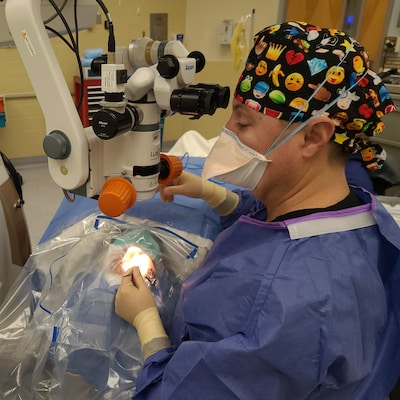
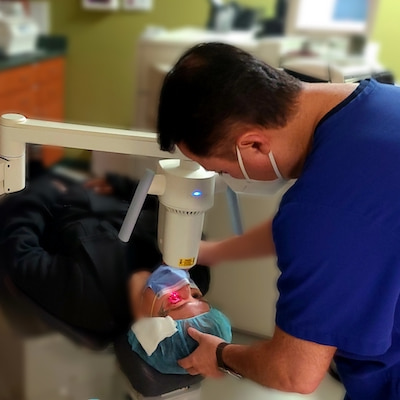
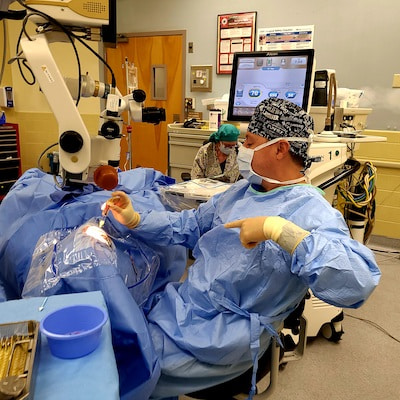
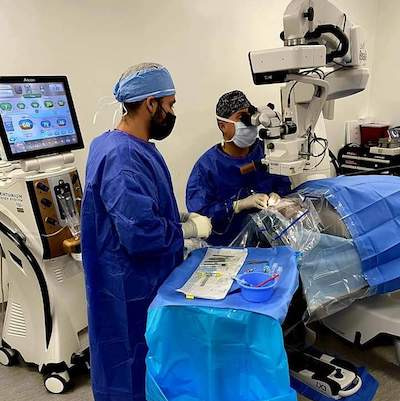
1 National Eye Institute. Refractive Errors. Available: https://www.nei.nih.gov/learn-about-eye-health/eye-conditions-and-diseases/refractive-errors Accessed May 6, 2022.

